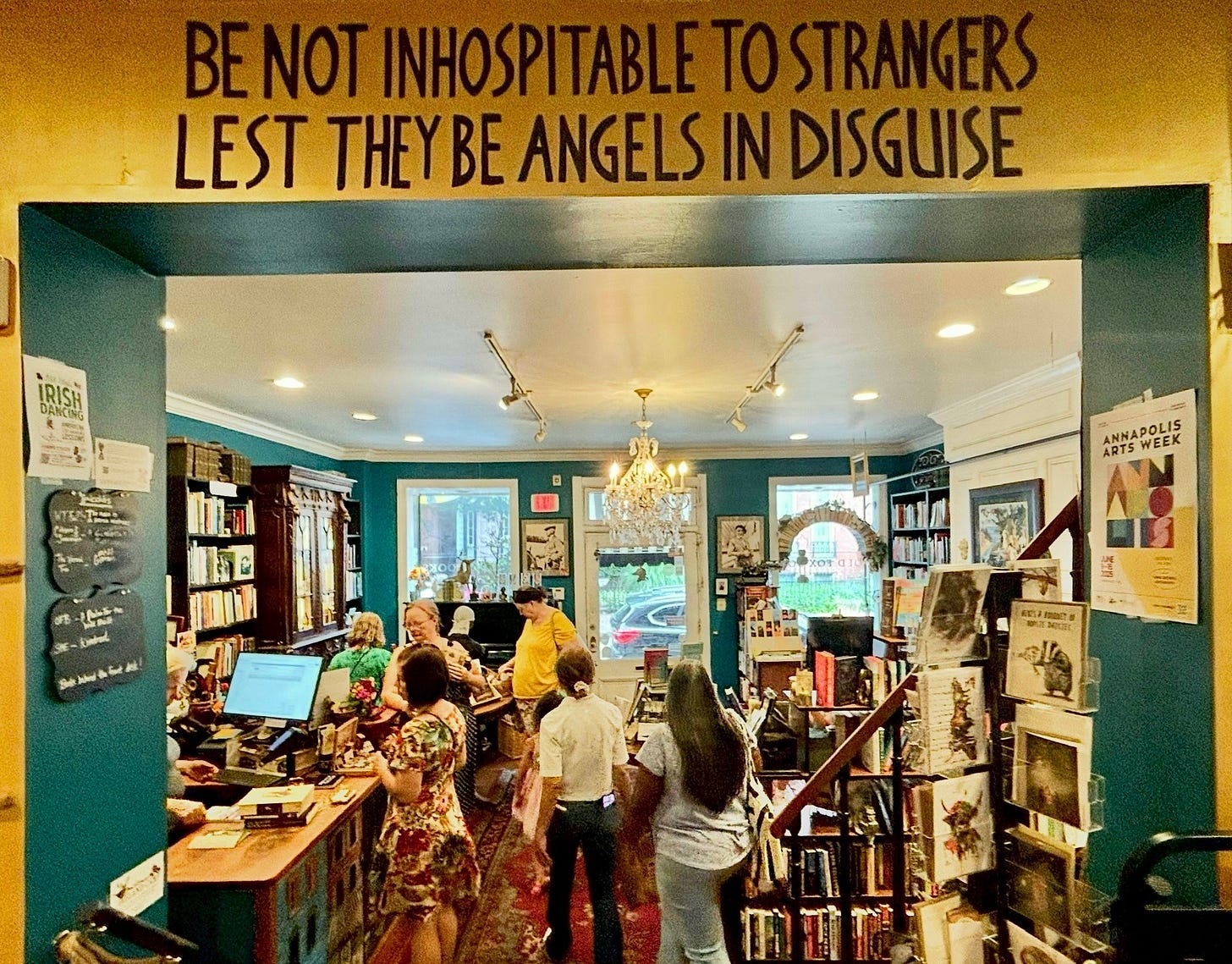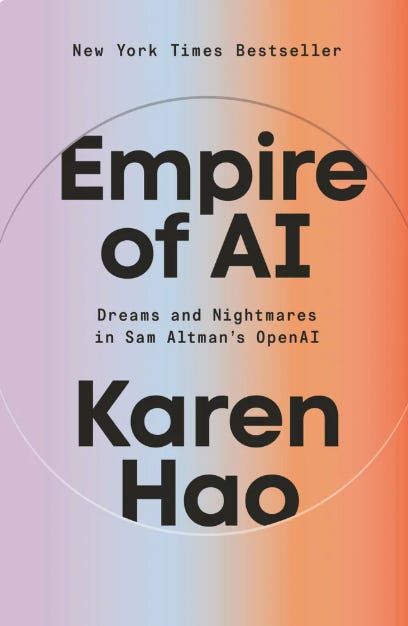Hello Smarty—It's Your Weekly Reads!
Epstein Never Dies! Plus: New Books from Megan Abbott, Haley Cohen Gilliland, Ben Weissenbach, Hannah Pittard & More…

Dear Wags,
We are not conspiracy mongers. It’s not in our nature to speculate about the JFK assassination, whether 9/11 was an inside job, or if the moon landing was filmed on a soundstage. Still, we understand their devilish appeal. A good conspiracy theory is a triumph of storytelling, a lyrical expression of the very human need to fill in the blanks. It can never be extinguished by sober reporting. Official attempts to debunk conspiracies have a way of fueling them—if those in authority rush to debunk Pizzagate or QAnon, surely there must be something to them.
Jeffrey Epstein, dead for 5 years and 11 months but never buried, is destined to haunt us forever. There are good reasons for this. Before he killed himself in August of 2019, Epstein was facing federal charges for abusing underage girls for years. And those charges came a decade after he’d pleaded guilty to sex trafficking charges in Florida. He skated away from consequences for a depressingly long time because he was fabulously rich and connected to the powerful. Those facts, at least, are not in dispute.
But Epstein is no longer just a criminal—he’s a legend, a dark mirror reflecting a craven elite. His island, his client list, his secrets: they’ve become symbols in a morality play about the depravity of the ruling class. You can storm the castle fueled by that mythology, but once you’re seated on the throne, it has a way of coming back to bite you. Because in the end, the Epstein legend attaches itself to whoever holds power. Its believers need the cover-up to be real, even at the cost of conventional political loyalty. It’s not just a theory anymore—it’s an article of faith.
That’s the dilemma facing the current administration, which cannily positioned itself against the Establishment, only to become the Establishment. Now it must produce something like the Epstein files—or risk being accused of suppressing them. It doesn’t help that the president has a well-documented past with the villain of the piece, and that Epstein’s death occurred during his previous term. That all looks bad. But as this administration knows better than most, none of this is about dry facts—it’s about a vague, ambient sense that something, somewhere, is rotten. And when that’s the mood, people will connect the dots in ingenious ways.
Whatever totemic files are ultimately released, they cannot satisfy the faithful. Any evidence will only stoke suspicion about what’s been redacted, shredded, or locked away in some shadowy vault. The Epstein saga arrived alongside the algorithmic revolution—a deluge of content, a churn of theory, fear, and innuendo. It wasn’t driven by the need to uncover the truth. It was designed to resist it.
And complicating matters are the facts we do know. The more horrifying the reality, the easier it is to believe that something even darker must be hidden. Across partisan divides, the story taps into the curdled American psyche—our fixation on corrupted innocence, our paranoia about safety, our deep mistrust of authority. Pedophilia looms large in conspiracy lore because it bypasses doubt. It’s the ultimate evil, impervious to nuance or debate. From the Devil in Salem to satanic panic in preschools to a real predator in Epstein, sexual exploitation is the trigger for all-American moral panic.
The American addiction to conspiracy is as old as the Republic. Our refusal to accept the official version helped forge the world’s oldest democratic government. Skepticism of authority shaped our embattled institutions. We are born doubters—suspicious of kings, corporations, and centralized authority. Whatever remains buried in the wreckage of the Epstein affair, these truths endure: we believe what we want to believe. We do not go along with the program. And we will always fill in the blanks.
Yours Ever,
Thomas Stockmann
Empire of AI by Karen Hao
The library of good books about the AI revolution keeps growing. The question is: are people reading them, or just stacking volumes on Dad’s nightstand? Hao, an Atlantic contributor, is among the best journalists covering Sam Altman’s OpenAI and its designs on the rest of us. What sets her apart is a sober, meticulous focus on the consequences of unparalleled technological change.
This investigation charts the now-familiar path from techno-idealism to rapacious capitalism, but it’s most fascinating in showing how seemingly ethereal AI depends on the real world: vast amounts of energy, and cheap labor in poor countries. Hao, like many clear-eyed observers, knows that leaving AI to a handful of Silicon Valley entrepreneurs may threaten civilization itself. But governing AI means confronting the most powerful people on earth.
Her efforts to penetrate OpenAI’s secretive culture are met with hype and stonewalling—which may be the most revealing thing about the place. If a company can’t explain how its innovations work, why should we trust it with the most disruptive technology of our time? On that question, Hao is fearless and indefatigable.
— Lyle Spaulding
Keep reading with a 7-day free trial
Subscribe to CultureWag to keep reading this post and get 7 days of free access to the full post archives.





